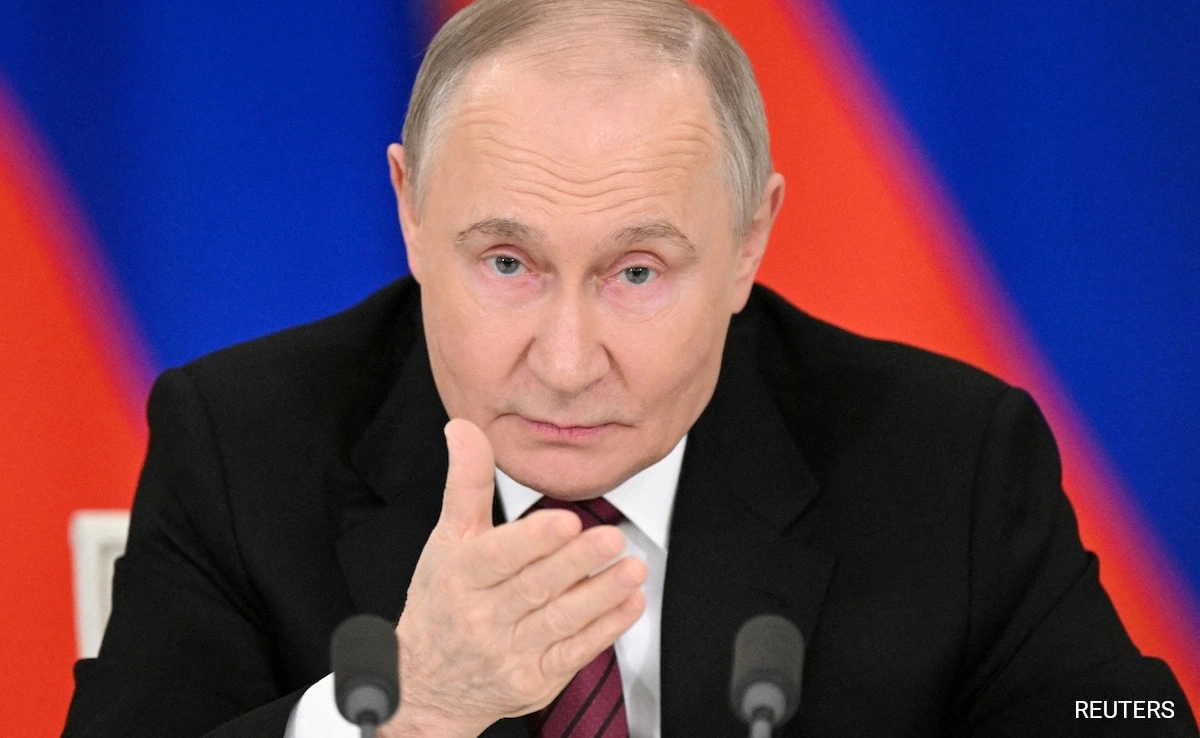In a recent general election, Portugal’s ruling party has emerged victorious, securing the highest number of seats in the parliament. However, despite their electoral success, they fell short of achieving an outright majority, which presents a significant challenge for the government moving forward. The election outcome reflects a complex political landscape, where various parties vie for influence and control, and the ruling party must now navigate potential coalitions or agreements with other political factions to ensure stability and effective governance.
The election results indicate a continuation of the current administration’s policies, which have been largely focused on economic recovery and social welfare improvements following a period of austerity. Voter sentiment appears to favor the incumbent party’s approach, but the lack of a majority means that they will need to seek support from smaller parties to pass legislation and implement their agenda. This situation could lead to a more fragmented parliament, where negotiations and compromises will be essential for the ruling party to maintain its grip on power.
Political analysts suggest that the ruling party’s inability to secure a majority may also reflect a growing discontent among the electorate regarding certain issues, such as rising living costs and social inequality. As the party prepares to form alliances, it must address these concerns to retain public support and avoid potential backlash in future elections. The coming weeks will be crucial as the government seeks to establish a reliable coalition, and the dynamics of the political scene will likely evolve as various parties assess their positions and strategies in the wake of the election results.
In summary, while the ruling party has celebrated its electoral success, the challenge ahead lies in forging effective collaborations with other political entities. The necessity for compromise and negotiation will be paramount as they endeavor to implement their policies and address the pressing issues facing the Portuguese populace. The political landscape is set for a transformative period, as parties reassess their roles and the electorate continues to express its demands for accountability and progress.




